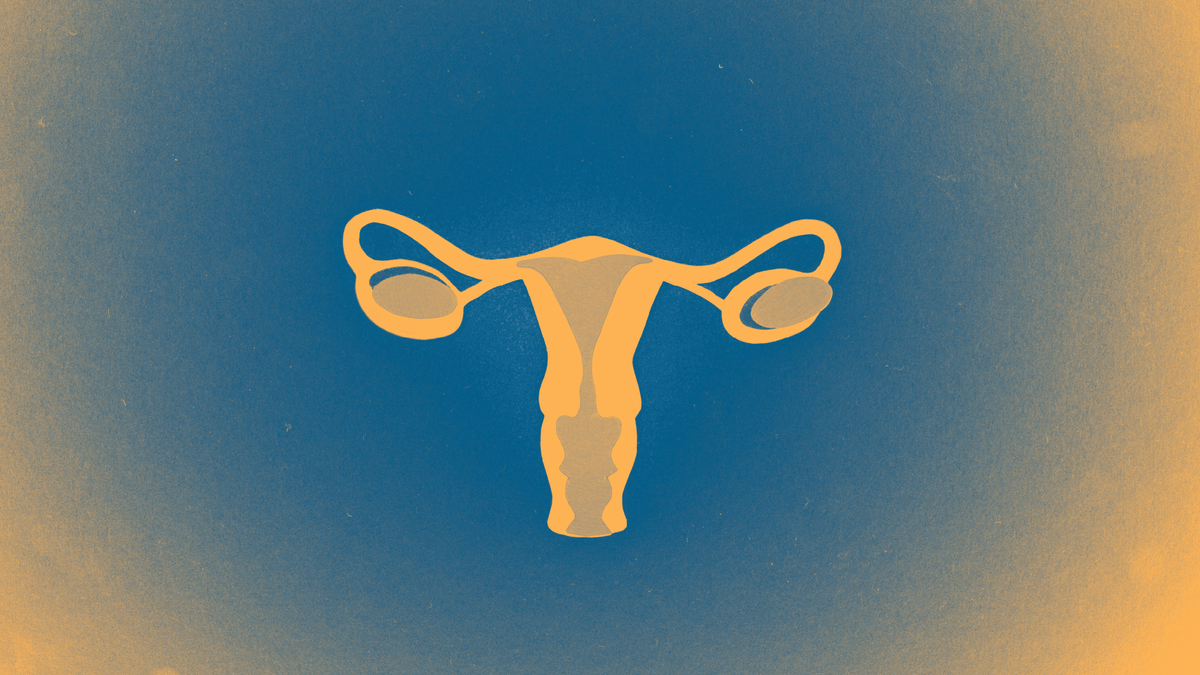Posts respond to influencer who downplayed ectopic pregnancy risks
Other posts discussed abortion access in Ohio and post-Roe infant mortality rates.

Other posts discussed abortion access in Ohio and post-Roe infant mortality rates.
This past week, an X post reacted to an influencer’s story about moving forward with her ectopic pregnancy, suggesting that it is irresponsible for the influencer to share this story without informing her followers about the associated risks. In other conversations, posts discussed abortion access in Ohio after a judge struck down the state’s “heartbeat” abortion ban and highlighted a new study linking increased infant mortality rates to abortion bans.
In response, public health communicators may share the risks of ectopic pregnancy, recirculate up-to-date information about local abortion laws, and explain how abortion bans have impacted the health of pregnant people and infants.

Insights brought to you by the reporters and science writers of Public Good News (PGN), a nonprofit newsroom dedicated to improving community health.
What’s trending nationally in reproductive health conversation:
On October 23, an X post discussed recent Instagram posts from a social media influencer who claims to have decided to continue her ectopic pregnancy despite the associated health risks because she does not believe in “killing my baby.” The X post explained the influencer’s situation and outlined the risks associated with ectopic pregnancy, stating, “She’s facing the very real possibility of dying and leaving behind SEVEN other children. anti abortion messaging is so harmful to women.” The post received approximately 9 million views, 70,000 likes, 6,300 reposts, and 520 comments as of October 29. Most comments expressed concern for the influencer and for those who encounter her message. One stated, “Ectopic pregnancies are non-viable, and a medical emergency.” Some, however, came to the influencer’s defense, stating that it is her choice to move forward with this pregnancy and that those who support abortion access should honor that choice.
On October 24, an Ohio judge struck down the state’s “heartbeat” abortion ban, which prohibited abortions after cardiac activity is detected, typically around six weeks of pregnancy. The judge stated that the “heartbeat” ban violated a 2023 voter-approved amendment to Ohio’s constitution enshrining abortion rights. The decision means that Ohio’s “heartbeat” abortion ban will remain on hold while the case proceeds. Meanwhile, the state’s previous law allowing abortion up to 22 weeks will remain in place. Several articles reported on the ruling, and social media users discussed the news on Reddit and X, where posts received thousands of likes and hundreds of comments. Many comments celebrated the ruling, while others claimed that abortion is not health care and that it is “unnecessary.”
Last week, several news articles reported on a new study published in JAMA Pediatrics, which found that infant deaths increased in the year and a half after the overturning of Roe v. Wade, echoing previous findings. Most deaths were due to congenital anomalies. According to a CNN article, experts attribute some of these deaths to “a disproportionate rise in the number of women who are carrying fetuses with lethal congenital anomalies to term” due to abortion bans. That article also noted that abortion bans have limited access to other forms of reproductive health care, which puts pregnant people and infants at risk. One article from an anti-abortion group disputed the study’s findings. Other articles citing facts from the study were shared across social media platforms, and one Facebook post from CNN received approximately 960 likes, 320 shares, and 900 comments as of October 29. Most comments expressed dismay over the study’s findings and support for abortion access, while some claimed that fetuses “deserve a chance,” even when fatal fetal anomalies are present.

Recommendations brought to you by the health communication experts behind Infodemiology.com.
Recommendations for public health professionals
Each week, the Infodemiology.com team will provide messaging recommendations in response to some of the trending narratives outlined above. These helpful tips can be used when creating content, updating web and FAQ pages, and developing strategy for messaging about reproductive health.
In response to conversations about ectopic pregnancies, messaging may emphasize that an ectopic pregnancy occurs when a fertilized egg implants outside of the uterus, typically in a fallopian tube. An ectopic pregnancy is never viable, since the uterus is the only organ that can hold a developing fetus. Messaging may emphasize that ectopic pregnancies are medical emergencies that must be treated immediately, as they can be life-threatening for pregnant people. One major risk of an ectopic pregnancy is a fallopian tube rupture, which can cause severe bleeding and infection. Highlighting the symptoms of an ectopic pregnancy, risk factors, and treatment options—which may include surgery or a medication called methotrexate to stop the fertilized egg from growing, ending the pregnancy—is recommended.
Conversation about Ohio’s abortion laws provides an opportunity to ensure that informational materials covering local abortion laws are up to date, particularly in states with legal challenges and upcoming ballot measures.
Communicators may also explain how doctors diagnose fetal anomalies and share local clinics that provide free or low-cost prenatal care. Sharing how people can access abortion in your state, as well as financial resources to help cover the cost, is recommended.
